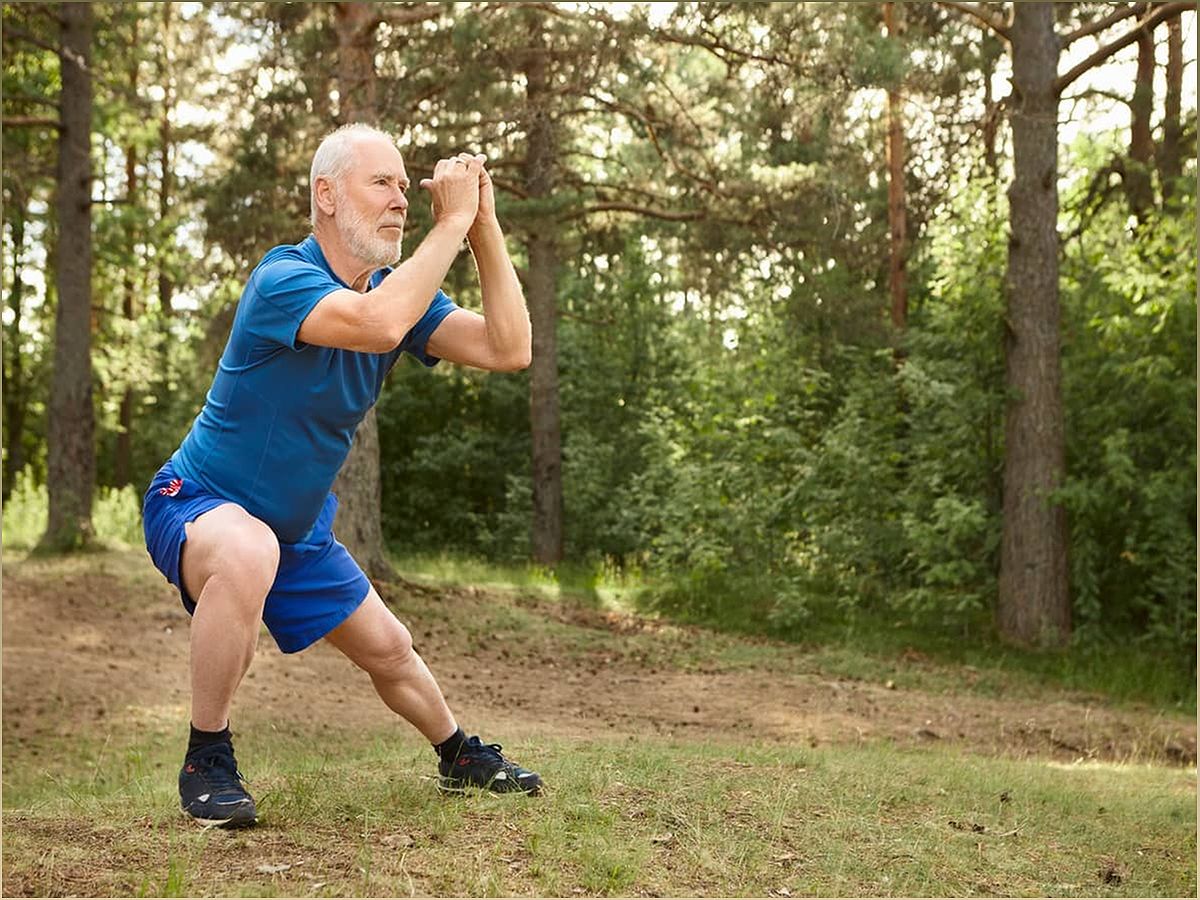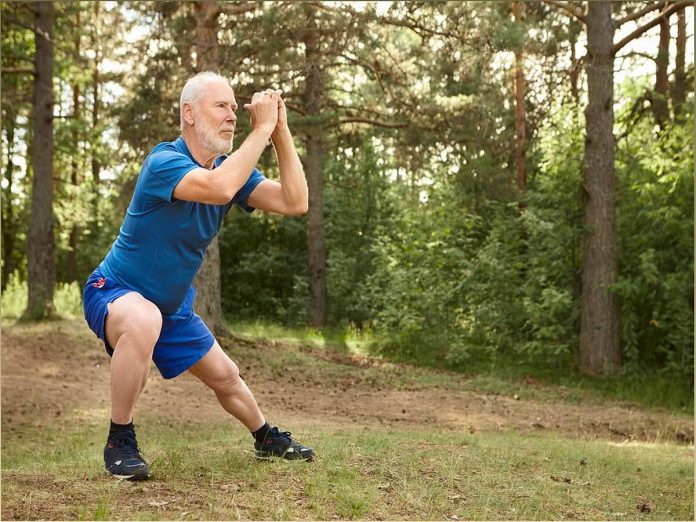When it comes to exercise for heart health, playing the long game is crucial. Recent research suggests that maintaining physical activity levels through middle age is essential for preventing hypertension. This article explores the study’s findings and highlights the importance of exercise during young adulthood in preventing high blood pressure. Discover how doubling the recommended minimum exercise levels can significantly reduce the risk of hypertension. Explore the social factors that can make it challenging for some individuals to maintain exercise habits and learn about the racial disparities in health outcomes. Take control of your heart health by prioritizing exercise and making it a lifelong commitment.
The Importance of Exercise for Heart Health
Regular exercise has long been known to have numerous benefits for overall health, and its positive impact on heart health is undeniable. Engaging in physical activity helps strengthen the heart muscle, improve blood circulation, and lower the risk of cardiovascular diseases.

According to recent research, exercise plays a vital role in preventing hypertension, also known as high blood pressure. The study suggests that maintaining consistent physical activity levels throughout life, particularly during young adulthood, can significantly reduce the risk of developing hypertension later in life.

By prioritizing exercise and making it a lifelong commitment, individuals can take control of their heart health and protect themselves against the silent dangers of high blood pressure.
The Impact of Young Adulthood on Heart Health
Young adulthood is a critical period for establishing healthy habits that can have long-term effects on heart health. Unfortunately, many individuals experience a decline in physical activity levels during this stage of life due to various social factors.

Transitioning from high school to college, entering the workforce, and starting a family can all contribute to a decrease in physical activity. Leisure time becomes limited, and the opportunities for exercise diminish.

However, research suggests that maintaining higher levels of physical activity during young adulthood than previously recommended can be particularly beneficial in preventing hypertension. By recognizing the challenges and finding ways to incorporate exercise into busy lifestyles, individuals can set the foundation for a healthier future.
The Link Between Exercise and Hypertension
Exercise has been shown to have a direct impact on blood pressure levels. Regular physical activity helps to lower both systolic and diastolic blood pressure, reducing the risk of hypertension.
In the study conducted on over 5,000 participants, those who engaged in at least five hours of moderate exercise per week during young adulthood had a significantly lower risk of developing hypertension later in life. Maintaining this level of activity until age 60 further decreased the risk.
These findings suggest that doubling the current minimum exercise guidelines can have a substantial impact on preventing hypertension. By surpassing the minimum requirements and making exercise a priority, individuals can proactively protect their heart health.
Addressing Social Factors and Racial Disparities
While exercise is crucial for heart health, various social factors can make it challenging for individuals to maintain regular physical activity. The transition from young adulthood to adulthood often brings increased responsibilities and limited leisure time, making it harder to prioritize exercise.
Additionally, racial disparities in hypertension rates highlight the impact of socioeconomic factors, neighborhood environments, and work or family responsibilities on exercise engagement. Black men and women tend to experience declining physical activity levels at a faster rate compared to their White counterparts, leading to higher rates of hypertension.
Addressing these social factors and promoting equal access to opportunities for exercise can help bridge the gap in hypertension rates and promote better heart health for all individuals, regardless of race or socioeconomic status.
